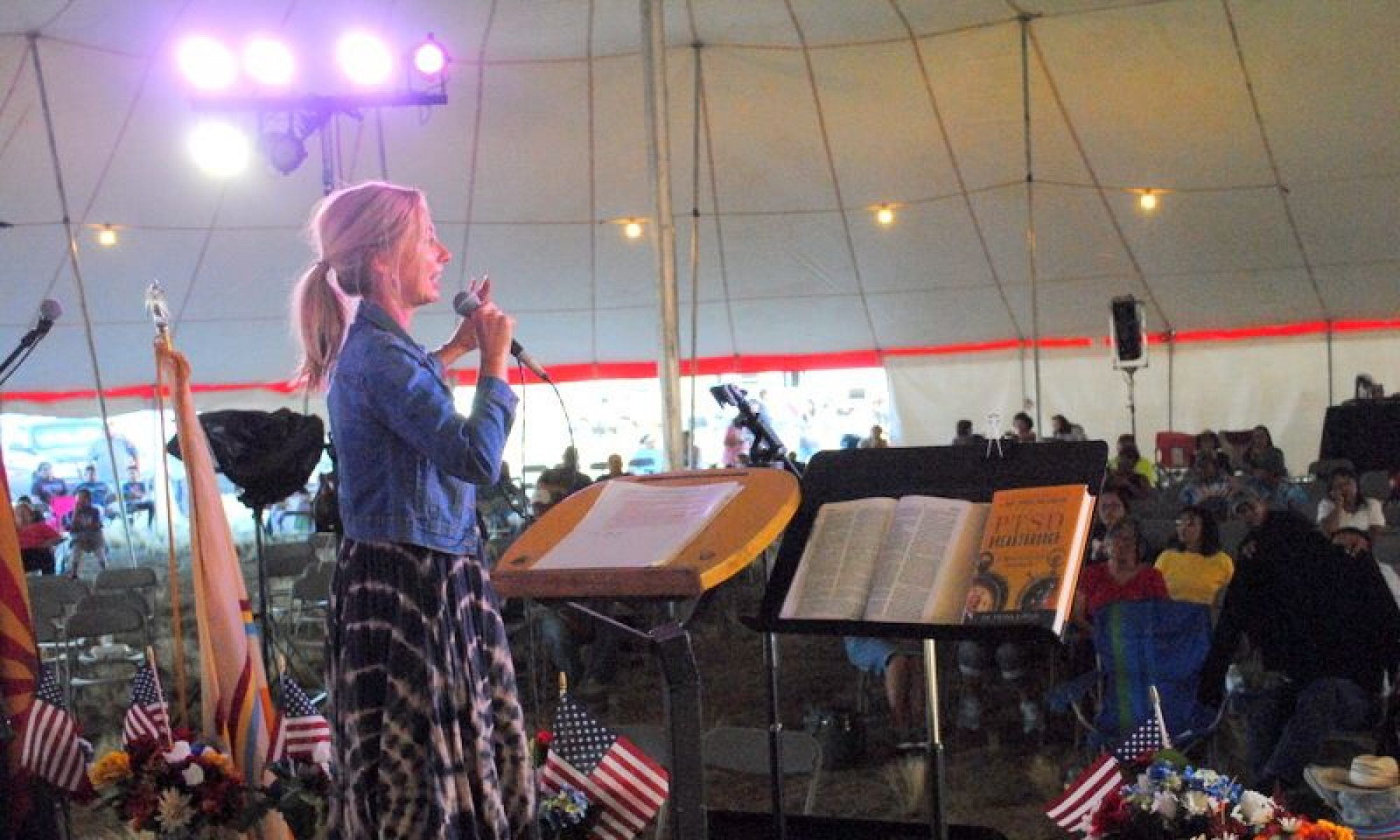For several decades Western culture has been moving steadily away from the Christian foundations that created it. Sadly, for the most part, the Church has been witnessing this shift from the sidelines, seemingly powerless to do anything about it. Is this anti-Christian trend inevitable or is there something that can be done to turn things around? How have things got to be this way?
Commissioned to do What?
When asked to explain the meaning of Jesus’ parting words (aka the Great Commission), many Christians will agree with the brilliant songwriter and musician, Keith Green, that Jesus commands us to go! [see my blog – https://catalystmin.org/what-is-the-great-commission-really-about/]. Others will say it’s all about evangelism and saving the lost. While these responses form a part of the answer, the key commanding verb in Jesus’ commission is disciple.
Disciple What?
However, if we understand that Jesus’ focus is on discipling, that’s great but we may still come up short if we stop at the discipling of individuals. What Jesus actually instructed His followers was to “disciple nations” (Matt. 28:19-20). We could also use the words, ‘teach’ (KJV), or ‘educate’.
Jesus actually wants His followers to disciple whole nations. In other words, make the nations His disciples! This will include individuals and families, but also teaching, educating and shaping culture. It means bringing the good news of God’s kingdom – His will, intentions, and ways – into the classrooms of society, be they education, the business world, government and politics, the media, arts & entertainment, and so on.
Baptising Nations
Baptism is at the heart of Christianity. While we may be familiar with this idea at an individual level, we’re probably less so with the possibility of the whole of society being baptised, immersed, washed, cleansed and awakened to a new understanding and moral footing pleasing to God. It’s interesting that in what we refer to as ‘the Great Commission’, Jesus actually mentions baptism as one of the necessary ingredients in nation discipling (Matt. 28:19).
The Church Used to do This
When we look back in history we find that the Church did make huge progress in this area. So much so that today, in spite of a growing rejection of ‘Jesus as King’ in Western society, most people don’t realise and appreciate that the Christian message has shaped vast swathes of Western culture. While there is a lot of anti-Christian sentiment in today’s culture, it is the Jesus revolution that has given us so much of what we now take for granted.
Cultural values most people take as normal, natural, and ‘self-evident’ would not be our experience had it not been for Jesus announcing and demonstrating a new kingdom way of living. Let’s consider a few examples.
Compassion
The compassion of the early Christians stunned the ancient world. Greek and Roman pagan culture had no basis for compassion. It was a world without charity. But Jesus’ life and teaching (e.g. parable of the Good Samaritan) shaped a new way of thinking and behaviour.
Rather than looking the other way and ignoring the sick and the dying, the early Jesus followers imitated their King who was filled with compassion and ministered to the sick (Matt. 14:14). This became the basis for early medical care and Christians starting the first hospitals in the fourth century.
The Roman emperor, Julian the Apostate, recognised that the Christian practice of compassion was a significant reason a small movement on the edge of the empire was transformed into cultural ascendancy. The masses were clearly attracted to the sacrificial love that these Jesus followers had for those who were suffering, often at risk to their own lives.
Later, this ethic of care was imitated by Christian missionaries starting hospitals and medical facilities around the world. Today, most secularists would be supportive of kindness, mercy and compassionate care. However, a secularist worldview provides no basis for it. In the natural world it is the survival of the fittest, the killing of the weakest and vulnerable.
But the good news of Jesus’ kingdom is that the sick, weak, and dying all have inestimable worth and value, and should be loved and cared for. Why? Because in the beginning God made man and woman in His own image. This therefore affords to every person a sense of universal dignity and value, regardless of their gender, skin colour, race, class, or anything else which might be used to define them.
Equality & Human Rights
This understanding, in turn, gives rise to the universal concept of equality and human rights. The creation account explains that God didn’t make mankind to be His slaves but to rule. With the arrival of God’s kingdom restoration project, Jesus brings about a liberation of all, a new covenant where there is no superior race, but as Paul explains, “there is neither Jew or Greek, male or female, slave or free. We are all one in Christ Jesus.” (Gal. 3:28).
This is not a self-evident truth. When we look at nature and at civilisations down through history, inequality is natural. The strong control the weak; the powerful exert authority over the powerless. Even our 21st century humanistic beliefs are based on this biblical foundation. Today, we are seeing a number of ‘oppressed groups’ vying for equality and their rights. They believe this is what they deserve but fail to recognise the seedbed for any human right is the Jesus revolution…freedom for the oppressed, the first shall be last, no Jew or Greek, therefore no black or white, and so on.
In the ancient world, such rights didn’t exist in the way we can experience them today. The #MeToo movement is founded on a women’s right over her own body. In the Roman world, men were able to have many sexual partners but women could only have sexual relations with their husbands. Women were typically viewed as commodities to be utilised at whim.
The historian Tom Holland writes, “The #MeToo movement is dependent for its effectiveness on the fact that most men accept the value of the truth of what the #MeToo progressives are saying. That can’t be accepted as a given. It reflects 2000 years of distinctively Christian teachings on sexual morality.
“Christianity is nowadays regarded as patriarchal and repressive, but it is radically egalitarian in the context of the world in which it’s born. In Latin, the word for ejaculate and urinate is the same for men. [That implies that] for the Romans, the mouth, the vagina, the anus of an inferior is like a urinal. It’s something that you void your fluids, and then you move on.
“Against this, Paul is teaching, saying: ‘No, a woman’s body, a boy’s body, a girl’s body, a man’s body, has to be regarded as sacred. And the way in which sexual relations have to be regulated is it has to be modelled on the relationship of Christ and his Church.’ That gives an incredible dignity to women.” 1
Servant Leadership
The last example I will mention is the transformation to the concept of leadership. In the ancient world, leadership was all about power but Jesus turned this concept completely on its head. The expected Jewish Messiah was completely different to how Jesus modelled and taught leadership. He said and demonstrated that to lead is to serve and not to control or dominate (Matt. 20:25-28).
Serving subordinates was demeaning but Jesus took a towel and washed the feet of His disciples. In time, the power of kings was restrained and subject to scrutiny. Leaders were elected democratically and held accountable. Here in the UK, the leader of the government is the Prime Minister, which means First Servant. True greatness comes through service, whether in the home, in business, politics, or the church.
Mission Redefined
So, returning to the questions at the start of this blog, how has Christianity ‘lost’ and seen an ongoing erosion of discipled nations here in the West? There are too many reasons to include them all in this blog but fundamentally, the Church has lost sight of the need to ‘disciple nations’, which is what Jesus commissioned His followers to do. We have focused on discipling individuals within nations, but not discipling the nations, cultures and societies that they belong to. Mission became redefined as ‘saving souls’ at the expense of also discipling nations and culture. American missiology then emphasised reaching ‘people groups’, on the basis that this fundamentally was the ‘remaining task’.
Wokeism
As my friend, Darrow Miller, so aptly states, ‘if the church is not discipling the nation, the nation will disciple the church.’ Where a vacuum exists, something else will fill the gap. What we are now seeing is that Wokeism is rapidly becoming the new religion in the West. The nations are being discipled and immersed (baptised) into Woke ideology. Rather than leading to the flourishing of human society, it is generating divisive and troubling outcomes.
A doctor was sacked by an employment tribunal which ruled that Genesis 1:27 was ‘incompatible with human dignity’ (even though this scripture forms the very basis for our equality in the first place!). People are being ‘cancelled’ because they dare to believe that marriage is between a man and a woman. Moralising has become the latest crusade although without any room for forgiveness. Guilt and shame without any chance of redemption. Law without grace.
What Can Be Done?
What can be done about it? It is more challenging to regain ground that has been lost, than gain it in the first place. But the Church needs to acknowledge what has happened and recognise that this is not the time to remain passive and non-engaged in culture transformation. The nations and cultures that were once discipled in the past, now need to be re-discipled.
We need to rediscover the full scope of Christ’s commission and empower all of God’s people for effective engagement. This can be done through communicating a vision of kingdom transformation and helping people identify their passions, gifts, and callings.
At the same time we need to recognise the spiritual battle which is being waged. The powers of darkness are intent on eradicating society and culture of any Christian influence. Society is saturated with certain Christian values but has rejected the Person behind them. We therefore have the opportunity to not only highlight that the very air we all breathe is ‘Christian’, but also that without ‘the man on the cross’, this ‘air’ will become stifling and suffocating. Values by themselves are not enough. We have to return to the Source.
1 https://www.churchtimes.co.uk/articles/2019/27-september/features/features/tom-holland-interview-we-swim-in-christian-waters
(Photo – tsunei, freeimages.com)


